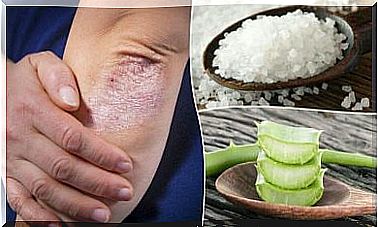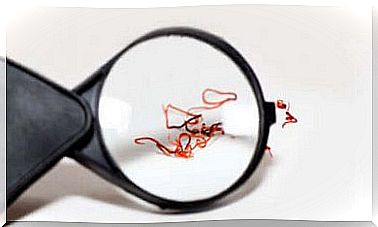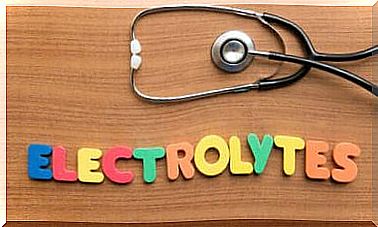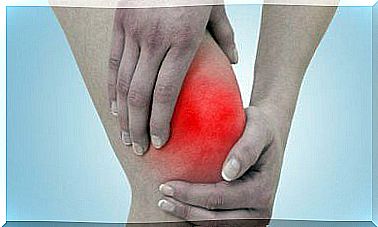The Best Diet For Hypothyroidism
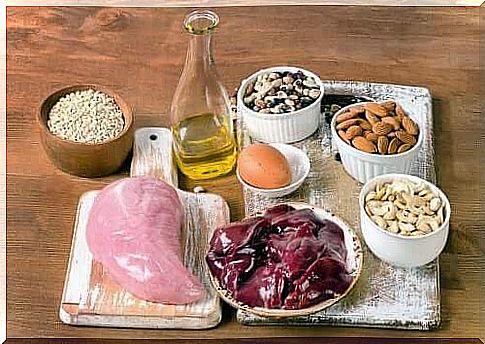
A diet for hypothyroidism refers to increasing the consumption of certain foods, as these foods help to compensate for the slowdown in thyroid hormone production. Although the diet may vary from patient to patient, it is generally recommended that certain nutrients be included in each diet. In this article, we will explore what is the best diet for hypothyroidism.
It must be remembered that hypothyroidism can often lead to metabolic disorders, deficiency of certain nutrients, and heart problems. Even if hypothyroidism does not immediately cause significant symptoms, it is better to control this disease with a healthy diet from the beginning.
Given that many people around the world suffer from hypothyroidism, we want to share the following 5 recommended nutrients that will help alleviate and even prevent the symptoms of hypothyroidism. First of all, however, we become acquainted with the pathology and causes of this nasty but often harmless disease.
What is the disease of hypothyroidism?

Hypothyroidism, or hypothyroidism, is a disease that affects the thyroid gland and develops with a decrease in the production of thyroid hormone. Hypothyroidism usually occurs mainly in women over the age of 60, but in reality anyone can get it both young and old.
Because thyroid hormone affects many essential functions of the body, such as metabolism, blood circulation, and heart health, a decrease in thyroid hormone production can have a very negative effect on your own well-being. In addition, hypothyroidism has been linked to overweight, which is one of its most common consequences.
Factors causing hypothyroidism
There may be several factors that mainly cause hypothyroidism, some of the most common of which include:
- Genetic factors or congenital defects
- Iodine deficiency in the diet
- Radiation therapies against cancer
- Use of medicines containing lithium
- Simmonds disease, a deficiency of pituitary function during pregnancy
- Certain autoimmune diseases
Symptoms of hypothyroidism
- Weight gain
- Severe fatigue and hypersensitivity
- Slower than normal bowel function (constipation)
- Poor cold resistance
- Irregular periods
- Rough facial movements, a rattling sound and slow speech
- Dry and brittle hair
- Pale and scaly skin
- Weak and brittle nails
- High cholesterol
- Swollen limbs
- Muscle pain and stiffness
The best diet for hypothyroidism
A diet that fights the symptoms of hypothyroidism can help supplement the effects of treatment prescribed by your doctor. Although this diet does not contain “miraculous” foods or supplements, it helps ensure more efficient absorption of nutrients that are beneficial to the body, thus alleviating the negative effects of hypothyroidism on appearance and personal well-being.
1. Foods high in fiber
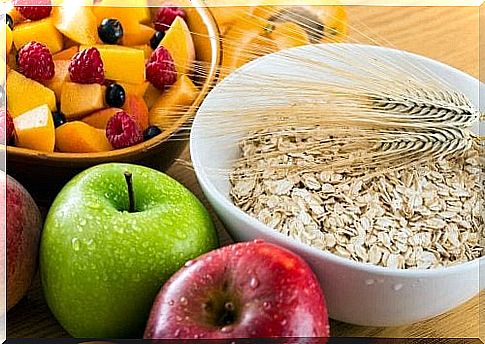
A high intake of fiber is essential in any diet aimed at hypothyroidism. This nutrient helps control weight as fiber supports digestion and prolongs the feeling of satiety. In addition, fiber helps to avoid large increases and decreases in sugar spikes as well as fatigue, which are common symptoms in many patients with hypothyroidism. Good sources of fiber include:
- Oats
- Whole grain rice
- Legumes
- Artichoke
- Mushrooms
- Fruits with a low GI index
2. Omega-3
Omega-3 fatty acids play a major role in a diet that fights hypothyroidism. Omega-3 fatty acids should therefore always be included in the diet, almost regardless of the patient, as they are able to regulate cholesterol and fight inflammation, which in turn helps to alleviate the effects of the symptoms of hypothyroidism in both physical and mental conditions. Natural Omega-3 fatty acids can be found in the following foods, among others:
- Fatty fish such as salmon, tuna, mackerel and sardines
- Nuts and pistachios
- Seeds (for example, chia seeds, flax seeds and sunflower seeds)
3. Selenium-rich foods
Selenium-rich foods support the immune system and prevent other thyroid disorders such as Hashimoto’s thyroiditis. For this reason, a daily dose of 200 milligrams of selenium helps control hormonal activity and reduces fatigue and withdrawal due to hypothyroidism. Selenium is found in the following foods, among others:
- Nuts and almonds
- Beans
- Garlic
- Asparagus
- Tomato
- Grapes
- Honey melon
- Plums
4. Vitamin B.
Effective absorption of vitamin B into the body enhances the action of thyroid hormone and reduces the feeling of fatigue due to failure. For example, vitamin B12 prevents iron deficiency, or anemia, and helps keep hair and nails strong and healthy. Vitamin B9, in turn, helps regulate hormone levels and control restlessness and anxiety. Foods rich in vitamin B include:
- Whole milk products
- Eggs
- Lean meat
- Cereals with added extra minerals and trace elements
- Avocado
- Legumes
- Wheat germ
5. Foods rich in iodine
Iodine is a trace element that greatly affects the health of the thyroid gland. Therefore, iodine-rich foods are one of the key elements in a diet to combat hypothyroidism. When absorbed into the body, this nutrient combines with an amino acid called tyrosine, which in turn helps to promote the production of hormones that regulate thyroid function.
The average human body needs about 150 micrograms of iodine a day.
Iodine-rich foods include:
- Sea salt with added iodine
- Algae (varieties such as Wakame and arame or kelp)
- White beans
- Organic strawberries
- Seafood
- Dairy products
- Baked potatoes with peel
6. Sources of tyrosine
As already clear above, this amino acid, along with iodine, helps to optimize the activation of hormones that regulate thyroid function. This is why, in order to control hypothyroidism and relieve symptoms, it is important to significantly increase the intake of this amino acid. Excellent sources of tyrosine include:
- Sesame seeds
- Oats
- Fish
- Avocado
- Almonds
- Banana
If you have been suffering from hypothyroidism for a long time or have just been diagnosed with that disease, adding the above foods to your diet can help relieve your symptoms and feel tired.
Finally, keep in mind that this diet for hypothyroidism is aimed at supplementing a healthy and balanced diet, not so much as the basis for it. If you have any further questions about diet or hypothyroidism, we recommend that you consult your doctor or nutritionist!

